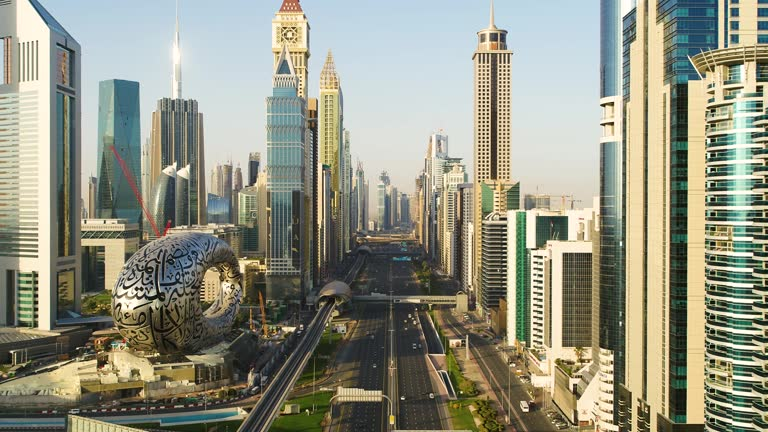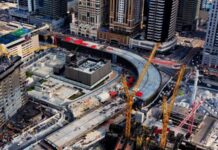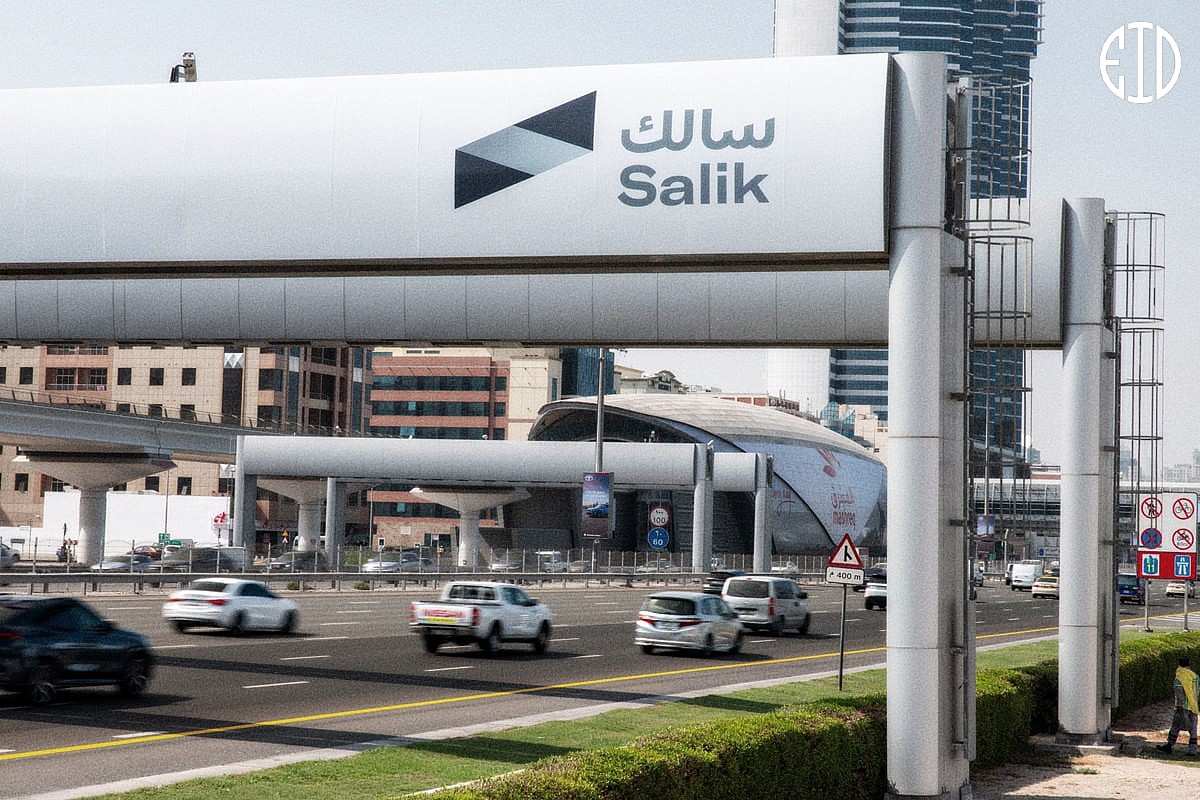Key Budget Highlights
His Highness Sheikh Mohammed bin Rashid Al Maktoum, Vice President and Prime Minister of the UAE and Ruler of Dubai, announced the budget on his X account. He emphasized that 46% of the budget will focus on major infrastructure projects, including roads, bridges, energy systems, and a new airport. Additionally, 30% will support health, education, social development, and essential community services.
Commitment to Financial Sustainability
Sheikh Mohammed highlighted that the upcoming budget aims to achieve an operating surplus of 21% of total revenues for the first time, establishing long-term financial sustainability for the Government of Dubai. He also announced a Dh40 billion portfolio for public-private partnerships to preserve financial surpluses for future generations.
Sectoral Allocations
For the fiscal year 2025, estimated expenditures stand at Dh86.26 billion, with projected revenues of Dh97.66 billion. The budget includes a general reserve of Dh5 billion, reinforcing Dubai’s commitment to development projects and stimulating economic growth. The allocation includes:
- 30% for social development sectors such as health and education.
- 18% dedicated to security, justice, and safety.
- 46% focused on infrastructure projects.
- 6% for public services, innovation, and scientific research.
Strategic Alignment with Future Goals
The budget aligns with the Dubai Strategic Plan 2030, the Dubai Economic Agenda D33, and the Quality-of-Life Strategy 2033. It reflects Dubai’s vision to enhance social services and improve quality of life across various sectors.Aref Abdulrahman Ahli, Executive Director of the Planning & General Budget Sector at Dubai Finance (DF), stated that this budget showcases Dubai’s stable financial position driven by disciplined financial policies. The emirate expects to achieve an operating surplus of up to 4% of GDP in 2025.
Digital Transformation Initiatives
The three-year budget cycle also focuses on supporting Dubai’s digitalization strategy. Ahmad Ali Meftah, Acting Executive Director of the Central Accounts Sector at DF, noted that smart collection of government fees has increased significantly, with 97% of transactions being digital in 2023. The government aims for 90% cashless transactions by 2026 as part of its Dubai Cashless Strategy.
Conclusion
Dubai’s 2025-2027 budget reflects a forward-thinking approach to sustainable development and economic resilience. With significant investments in infrastructure and social services, Dubai is poised to enhance the well-being of its residents while maintaining robust financial health for future generations.












